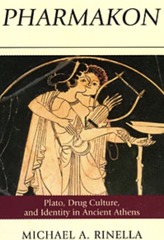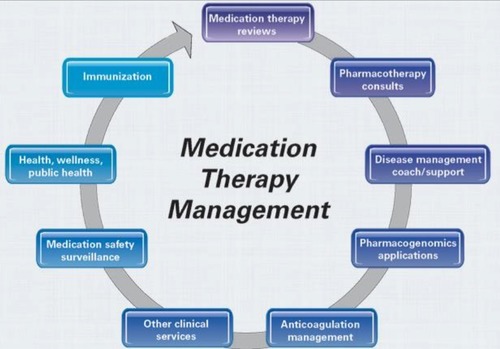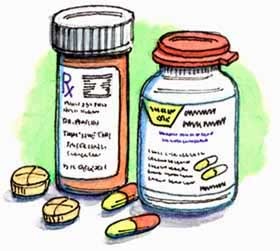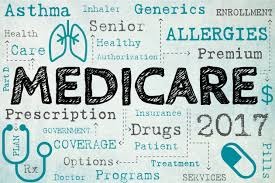History of Pharmacy
5.0(4)
5.0(4)
Card Sorting
1/29
Study Analytics
Name | Mastery | Learn | Test | Matching | Spaced | Call with Kai |
|---|
No study sessions yet.
30 Terms
1
New cards
pharmakon
drug meaning both remedy and poison

2
New cards
apothecary
a person who prepared and sold medicines and drugs
3
New cards
Pharmacopeia
Document: Book of Drug Recipes
4
New cards
2000 BC Ancient China
Document: Pen T-Sao
5
New cards
1500 BC Egyptians
Document: Papyrus Ebers
6
New cards
1000 BC India
Document: Charaka Samhita
7
New cards
500 BC Greece
Small Clay Tablet: First therapeutic agent to show a trademark
8
New cards
100 BC Rome
Document: De Materia Medica
9
New cards
130 AD to 200 AD Rome
Person: Galen of Pergamon
10
New cards
Galenicals
pharmaceuticals compounded by mechanical means
11
New cards
8th Century Baghdad
Stores appeared for the distribution of compounded chemicals.
12
New cards
15th Century Europe
Document: Nuovo Recetario - 1st Pharmacopeia followed by Europe
13
New cards
Jaber Ibn Hayyan (8th century)
Person: Father of Chemistry; Managed 1st stores for the distribution of compounded chemicals.
14
New cards
John Winthrop (1640)
Person: 1st apothecary established in Boston
15
New cards
Elizabeth Gooking Greenleaf (1727)
Person: Recognized as the first female pharmacist in America; owned apothecary shops in Boston
16
New cards
John Morgan (1951)
Person: Advocated for written prescriptions; Philadelphia
17
New cards
William Procter Jr. (1852)
Person: Father of American Pharmacy; Leader in founding the APhA
18
New cards
Mary Munson Runge (1979)
Person: 1st Woman and 1st African American to become the president of APhA
19
New cards
Master, Wardens, and Society of the Art and Mystery of the Apothecaries of the City of London England (1617)
1st organization of Pharmacists.
20
New cards
Philadelphia College of Pharmacy (1821)
1st College of Pharmacy in the United States
21
New cards
American Pharmacists Association (APhA) (1852)
Provide more uniform standards of education
22
New cards
United States Pharmacopeia (USP) (1820)
Document: 1st book of medication standards accepted by the entire nation
23
New cards
Traditional Era 1900 to 1930
Era: Role of the pharmacist to form and dispense medications from natural sources
24
New cards
Scientific Era began in late 1930s
Era: New Medications; Scientific Testing; Mass Production of Synthetic Medications and Antibiotics
25
New cards
Clinical Era began in 1960s
Era: Role of the pharmacists to dispense medications but also to medication information, warnings and advice to patients.
26
New cards
Pharmaceutical Care Era began in the 1990s
Era: Pharmacists are focused on patient centered, outcome-driven practices; active in patient disease management.
27
New cards
Medication Therapy Management (MTM)
Process: Goal for a patient in need of chronic care to achieve the optimum therapeutic outcome; Reduce adverse events in patients.

28
New cards
Medication Reconciliation
Process: Review of patient's medications (new and past) with the purpose of avoiding medications errors including omissions, duplications, dosing errors, medications interactions.

29
New cards
Medicare
Federal program of health insurance for persons 65 years of age and older; for younger people with disabilities; and people with End-Stage Renal Disease

30
New cards
Medicaid
Federal program that provides medical benefits for low-income persons.
